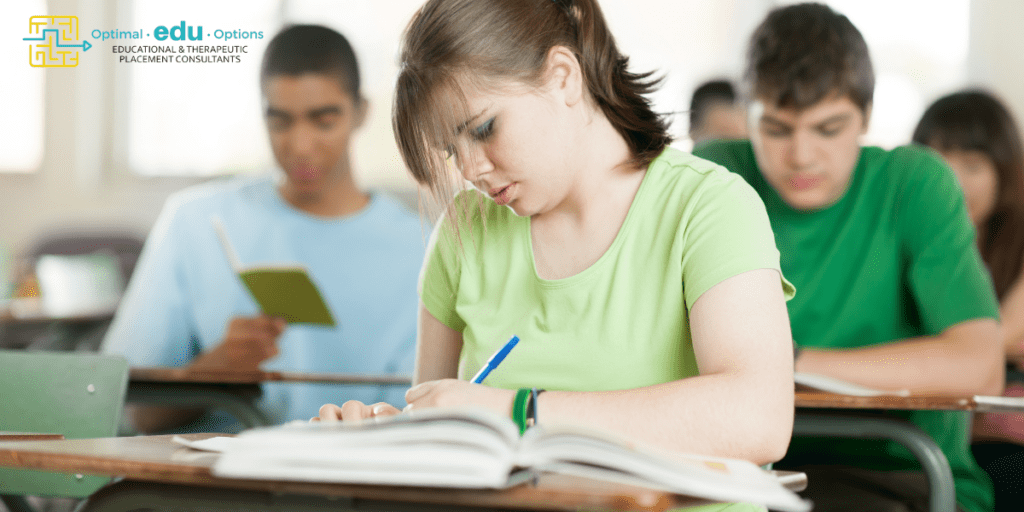School have resumed this month nationwide, but the consequences of the pandemic are noticeable as families navigate how in-person learning will look for their children. As lessons for 2021 begin, families must determine how and where their child will resume classes, and find the best fit for their child, whether that’s a return to the classroom, or to continue distance learning due to health concerns.
Regardless of how children return to learning, the challenges for interacting and engaging with peers, teachers, and others will bring unexpected stress. Living through a prolonged crisis in the middle of their developing years can leave children with unexpected gaps in social skills, coping skills and more.
The pandemic may have economically affected families; they may have lost their health insurance and as a result support form therapists and counselors. The family may have lost a loved one and a child may be struggling with grief.
There is no doubt the pandemic has had a huge mental health impact on children, especially those already facing depression, anxiety, autism, substance abuse and other mental health challenges. Several studies, including this one from the Kaiser Family Foundation, found that parents with young children reported in October and November of 2020 that their children showed elevated symptoms of depression, anxiety, and psychological stress and 22% experienced overall worsened mental or emotional health.
A study from the Centers for Disease Control and Prevention (CDC) found children’s emergency department visits increased during the pandemic for mental health-related emergencies and suspected suicide attempts by children ages 12 to 17.
Overall, many families and children are exhausted from pandemic fatigue. People everywhere are tired of being isolated and are ready to move on with a somewhat normal return to school and other activities.
While a return to a normal school year may bring relief and optimism, it might also be dangerous for teens who have been isolated and away from their peers for extended periods. The stark abnormality of the past year might affect a child’s ability to accurately assess risks, particularly as social groups and interactions begin to expand.
For children with special needs, a return to the classroom can mean a return to being bullied. It can mean interacting socially with skills that are rusty, leading to increased stress and anxiety.
To help children, parents and caregivers can set clear expectations for them. Knowing the rules gives children a roadmap to follow in their daily lives and engagements with others. Discuss consequences if they don’t follow the rules.
Talk with them about their fears and acknowledge their feelings. Validating how they feel will keep the lines of communication open. The post-pandemic world presents challenges for parents across the country. Taking the time to understand your child’s behavior and reassuring them that you are there to support them will help them significantly.
At Optimal Edu Options, we can help families through these transitions by ensuring your child is the best learning environment for them. Book a free consultation to learn how our services can help your family find the best educational opportunity for your child.
Optimal Edu Options is an Arizona-based education consulting agency whose experienced team has the expertise necessary to effectively support your family and child in finding the best educational and therapeutic options to meet your family’s needs. Reach out to us today for more information about our services and how they can help. We offer a free 30-minute consultation. Email gail@optimaleduoptions.com or call us at (602) 904-1282.

